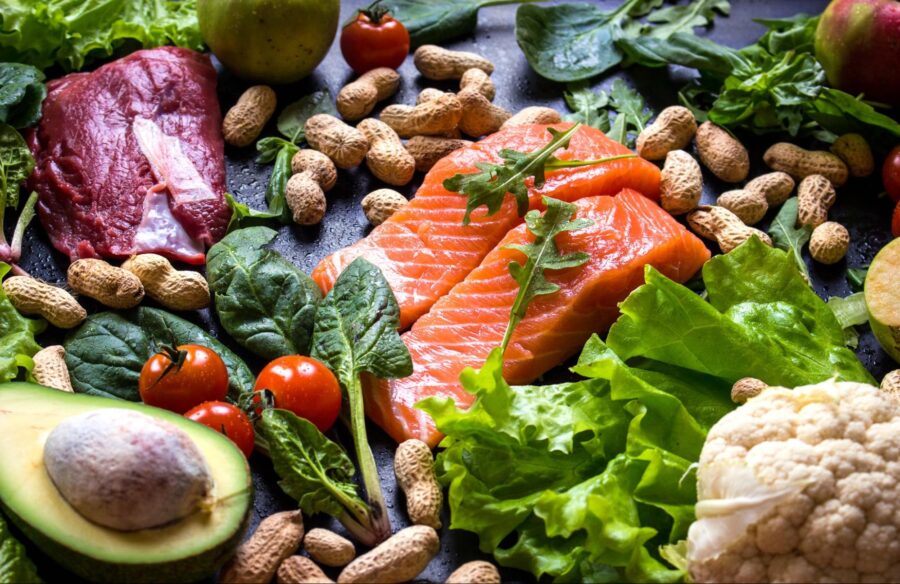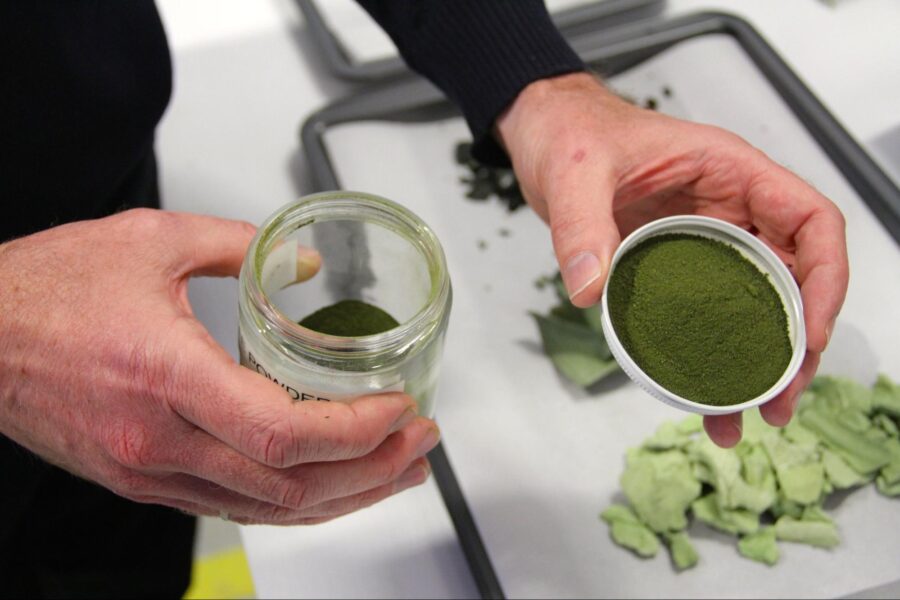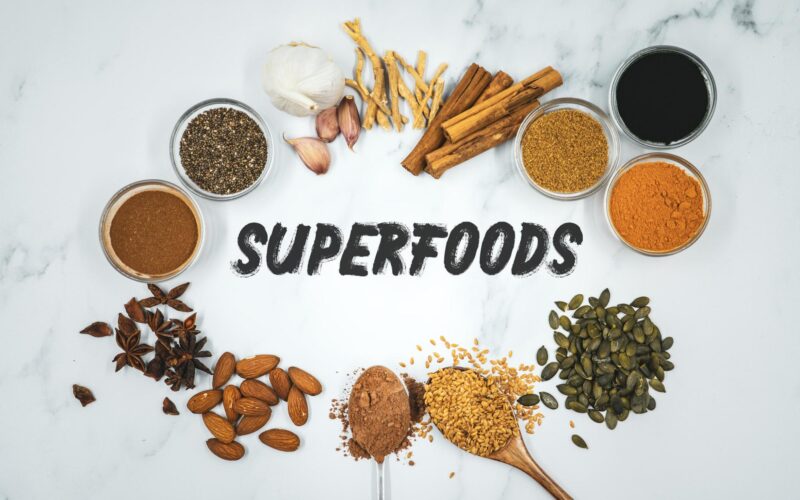You’ve seen them advertised on social media and plastered across health food store aisles – superfoods. The promise of extraordinary health benefits and a nutritional boost in one tasty package can be tempting. But are these foods truly deserving of their superhero status? Let’s break down the whole “superfoods” thing.
What Makes a Superfood?
Basically, a “superfood” is any food that packs an extra-nutritious punch. Think of them as the overachievers in the food world, loaded with vitamins, minerals, antioxidants – all the good stuff that keeps your body running smoothly. There’s no official list of superfoods, and it’s more of a marketing term than a scientific one. But it highlights what these foods do best – give you a ton of nutrition for the calories.
The Usual Superfood Suspects

Photo: Envato Elements
You’ve probably seen these guys topping “superfood” lists:
- Berries: Blueberries, strawberries, raspberries – these little guys are antioxidant powerhouses. Antioxidants help protect your cells from damage, which can play a role in heart health, brain function, and maybe even reduce the risk of certain diseases. [3]
- Dark Leafy Greens: Think kale, spinach, and swiss chard. They’re overflowing with vitamins like A, C, and K, plus important minerals. All this goodness supports your immune system, helps regulate blood sugar, and benefits a bunch of other body functions. [2]
- Fatty Fish: Salmon, tuna, and the like are swimming in omega-3 fatty acids. Omega-3s are stars when it comes to heart health, they fight inflammation, and may even reduce the risk of heart disease. [2]
- Nuts and Seeds: Almonds, walnuts, chia seeds, flaxseeds – these are compact nutrition packages filled with healthy fats, protein, fiber, vitamins, and minerals. They’ve been linked to a bunch of health benefits, including heart health and weight management. [2]
Superfood Powders: Convenient or Overhyped?

Photo: Flickr (CC BY-NC-SA 2.0)
 Superfood powders, those trendy blends in health food stores, promise a concentrated dose of the nutrients found in berries, greens, and other “superfoods.” They can be a convenient way to boost your vitamins, minerals, and antioxidants, especially if you struggle to eat enough fruits and veggies. However, they can be expensive, lack some of the benefits of whole foods, and sometimes make exaggerated claims. It’s important to remember that superfood powders should be a supplement to a healthy diet, not a replacement for whole foods. If you’re considering trying one, talk to your doctor, read the ingredient list carefully, and choose a brand with minimal additives.
Superfood powders, those trendy blends in health food stores, promise a concentrated dose of the nutrients found in berries, greens, and other “superfoods.” They can be a convenient way to boost your vitamins, minerals, and antioxidants, especially if you struggle to eat enough fruits and veggies. However, they can be expensive, lack some of the benefits of whole foods, and sometimes make exaggerated claims. It’s important to remember that superfood powders should be a supplement to a healthy diet, not a replacement for whole foods. If you’re considering trying one, talk to your doctor, read the ingredient list carefully, and choose a brand with minimal additives.
The Superfood Truth: It’s About Balance
While superfoods are undoubtedly nutritious, they’re not a magic bullet. The key to good health isn’t fixating on a single superfood, but focusing on an overall balanced diet. That means plenty of fruits, vegetables, whole grains, and lean protein sources. Think of superfoods as a way to amp up an already healthy diet.
Superfood Myths Busted
- Myth: Superfoods will cure all your health problems. Reality: They can support your health as part of a balanced lifestyle, but they’re not miracle cures.
- Myth: Superfoods are only fancy, expensive imports. Reality: Some of the best “superfoods” are in your grocery store’s produce section (looking at you, blueberries and spinach!).
- Myth: Superfoods guarantee weight loss. Reality: While they can be part of a healthy eating plan, it takes more than superfoods alone to manage weight.
The Takeaway
Superfoods are essentially just really good-for-you foods. Include them as part of a colorful, balanced diet, and you’ll reap the benefits. Don’t expect them to single-handedly give you superhuman health though – real health comes from consistent, healthy eating patterns.
Sources:
- [1] What Are Superfoods? – Cleveland Clinic
- [2] 16 Superfoods That Are Worthy of the Title
- [3] Superfoods: Health benefits, uses, and risks
This is an AI assisted collaborative article. Feel free to add your experiences and insights in the comments!



















Leave a Reply